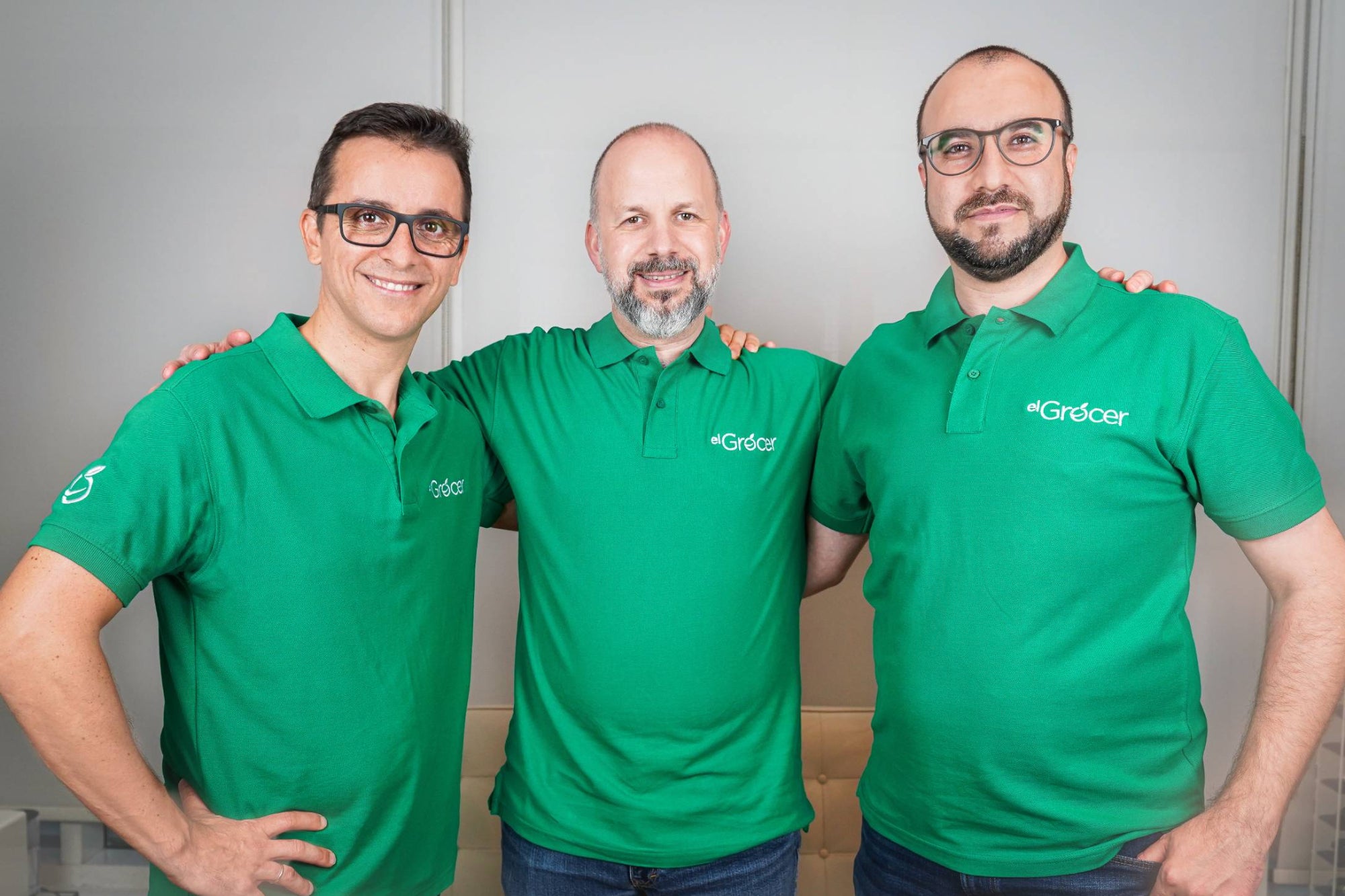Three Important Things Corporates Can Learn From StartupsEstablished businesses could become more resilient to disruption by adopting successful startup strategies like being lean, agile, and brand-focused
意见expressed by Entrepreneur contributors are their own.
You're reading Entrepreneur Middle East, an international franchise of Entrepreneur Media.

"Greased lightning" is as good a metaphor as any to describe the pace of change in the current global economic environment- it is incredibly fast, supercharged, impossible to control, and gives no indication of where it will strike next.
In this scenario, corporate leaders collectively face an unprecedented risk of business disruption not just from new technologies and business models, but also from rising employee and customer expectations, international and local regulatory shifts, and even "black swan" events, like a global pandemic.
Meanwhile, the volatile, uncertain, complex, and ambiguous (VUCA) nature of our times –an expression first used by the US Army College in the 1990s– seems to be fertile ground for emerging startups. In January 2022 alone, 45 newly minted billion-dollar unicorns joined nearly 1,200 startups that collectively raised US$704 billion, and reached a total valuation of over $4 trillion- a new record, according to Crunchbase data.
In Asia, funding for startups topped US$165 billion in 2021, with 50%, 12% and 222% year-on-year growth in China, India, and South Korea. In the GCC too, the fuse has been lit with over 90 startups raising close to $315 million in 2020, according to Crunchbase. And despite vast differences in human and financial resources, the potential for "startup disruption" is a sobering realization for traditional businesses in nearly every sector and industry, from finance and retail, to automotive and energy. However, it is not traditional businesses themselves, but the conventional ways of doing business that face the biggest challenge.
Startups, by definition, have younger leaderships and fresher worldviews with fewer legacy baggage to lug around as they nimbly navigate a new, fast-changing business landscape. While this is a formidable advantage, the key mindset of startups is based around three concepts: firstly, being operationally lean; secondly, being strategically agile; and thirdly, being laser-focused on building their brand.
1. BEING LEAN IS AN ADVANTAGETraditional businesses are built around past market realities, value systems, supply chains, and resource availability. There is bound to be redundant, but deeply-entrenched layers of corporate flab –systems, people, and processes– that either retards quick movement, or consume resources that could be more effectively deployed elsewhere.
Startups are usually built around a business vision, a bright idea, or an innovative product. Their collective focus and resources, regardless of function and designation, converge to facilitate the core offering. The singular focus of startups can result in outsourced non-core activities and streamlined systems to maximize process efficiency and drive cost competitiveness. It is often rightly pointed out that Airbnb, disrupted the hospitality industry without owning a hotel, Uber and Lyft did it to cab companies without owning a single taxi, and of course, Amazon upended traditional retailers without a physical store!
Thinking lean in established businesses calls for a fundamental change in mindset that leads to the realization a core purpose. For instance,at Toyota, the "lean" system did not focus on monetary value, but on creating value for customers above all else. This mindset can result in merger of complementary units, reduced operational duplication, rationalized resource allocation, as well as increased investment in new tools and technologies, automation, and upskilling of personnel.
Related:Why You (And Your Business) Need To Take The Metaverse Seriously
2. USE AGILITY AS A WINNING STRATEGY随着组织规模、标准化the new mantra, and the bold, enterprising spirit goes on the backburner. This inversion is the reason why large companies find it easier to expend financial resources to acquire revolutionary startups, rather than out-compete them. Calcified hierarchies in decision-making, risk-aversion in investment, and codification of processes, even when their effectiveness is suspect, are hallmarks of large and diversified business houses.
On the other hand, the success of a startup hinges on their ability to read market feedback quickly, and come up with new ideas, drop unviable product lines, and pivot to an emergent segment. YouTube, for example, started out as a video dating site. When it did not succeed, it transitioned seamlessly to video sharing. Amazon started life as an online bookstore, failed at being a publisher, and then went on to redefine the way the world shops.
Agile corporates can take a leaf out the playbook of startups, by exploring new product and service segments by leveraging a minimum viable product (MVP) approach. A good example of such a MVP strategy is Zappos.com. To test the viability of its online clothing retail model, the company did not invest in physical infrastructure. Instead, staff members went to physical stores, took pictures of products and uploaded them. If a customer bought a product, they would go back to the store, buy, and mail it to the customer. Zappos was acquired by Amazon in 2009 for US$1.2 billion.
Corporates can add agility with a four-step process: build, test, evaluate, and repeat, till a winning product is ready for market. Besides gaining a competitive edge, the beta-testing approach also creates a strong research and development pipeline for future innovations.
3. IT'S ALL ABOUT THE BRANDWhile large businesses can expect strong brand recall and market recognition, it is easy to lose salience with new generations of buyer when newer, more exciting brands enter the fray, and appear to mirror their own ideals.
Most startups try to nurture communities of loyal customers and virtual fans. Savvy brands invest tremendous care, effort, and resources into positioning and building their brand name among relevant audiences. Keeping brand visibility and share-of-voice high in a market, also helps startups build the foundation to enhance brand valuation and funding options.
The world of business is flooded with signals –sometimes contradictory ones– ranging from macroeconomic forecasts by experts, to customers' posts on social media. It is essential to filter out the noise and focus on the elements that matter most: customers, profits, and sustainability.
Adopting an agile mindset encourages a bolder customer-centric approach that maps their changing needs and expectations. Embracing a lean organizational mindset guarantees an unblinking eye on profitability, not just cashflow. Finally, the most enduring asset of any business is its brand– and by placing the brand front and center of everything the company does, sustainability is all but guaranteed.
Certainly, size matters. But mindset matters more.
Related:Here's How The UAE's New 9% Corporate Tax Could Impact The Country's Entrepreneurial Ecosystem











